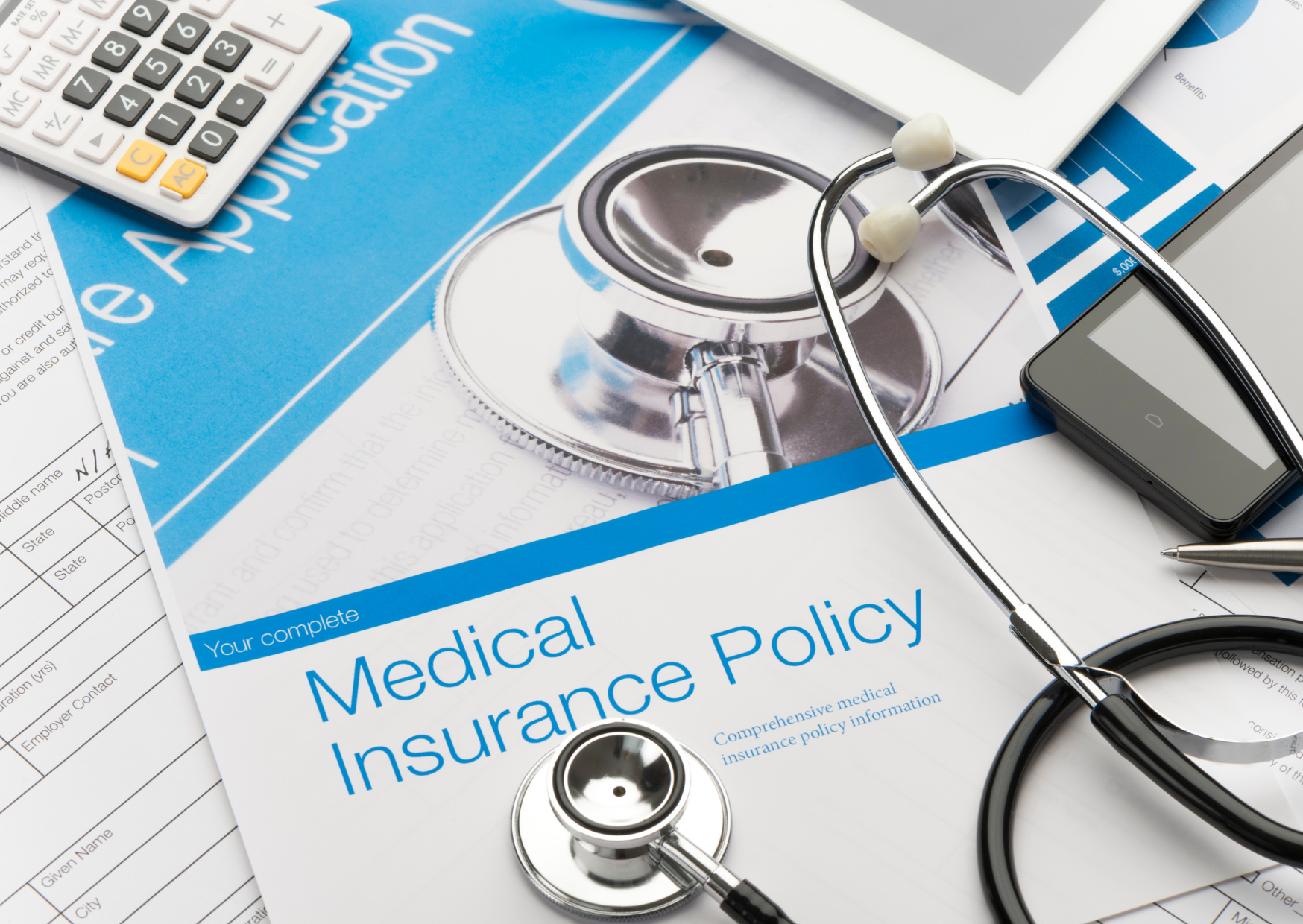When it comes to heart health, understanding early warning signs can be the difference between prevention and an emergency. A silent heart attack can strike without obvious symptoms, making it essential to stay informed. As we enter a discussion on the critical signs leading up to a heart attack, it’s important to highlight that timely detection and action can reduce the need for invasive surgery and improve overall outcomes. Awareness and education about this disease empower every patient to make informed decisions regarding their health. Regular test and monitoring for artery blockages are vital to detecting problems early and ensuring better heart health outcomes.
What Are the 6 Signs of a Heart Attack a Month Before It Occurs?
Understanding the early signs of a heart attack can be a lifesaving measure. Recognizing these subtle cues helps in seeking timely medical attention, reducing the risk of severe complications associated with a heart attack.
Unusual Fatigue: Could Persistent Tiredness Signal Heart Trouble?
Fatigue is often overlooked, but frequent tiredness without a clear cause can be one of the 6 signs of heart attack a month before it happens. Women, in particular, may experience this more frequently. Research suggests that when the heart struggles to pump blood effectively, fatigue sets in. If you find yourself unusually exhausted, it’s a potential warning sign of a heart attack that shouldn’t be ignored.
How Does Shortness of Breath Relate to Heart Health?
Shortness of breath can occur when the heart isn’t pumping efficiently, affecting oxygen flow. You might notice this symptom during simple tasks like walking or climbing stairs. It’s often linked to other attack symptoms and should be taken seriously, especially if it occurs with chest discomfort, which can be an early indicator of a heart attack.
Is Chest Discomfort Always a Warning Sign?
Chest pain or chest discomfort is a classic symptom of an impending heart attack. The discomfort might feel like uncomfortable pressure, squeezing, or fullness. It can occur during physical activity or even while at rest. If you experience frequent chest pain or pressure that doesn’t go away, it’s vital to consult a healthcare provider immediately, as it may be signaling a heart attack.
How Do Heart Attack Symptoms Differ Between Men and Women?
Heart attack symptoms can differ between genders. While men often report chest pain, women might experience more subtle signs like nausea, dizziness, or shortness of breath. Recognizing these differences is crucial in seeking prompt medical assistance.
Are There Early Warning Signs Weeks Before a Heart Attack?
Research indicates that symptoms like fatigue, indigestion, and shortness of breath can appear weeks before a heart attack occurs. Monitoring these symptoms and seeking medical services for evaluation is essential for early detection and prevention.
How Can Recognizing These Signs Improve Survival Rates?
Recognizing early warning signs significantly increases the chances of surviving a heart attack. Studies have shown that individuals who seek prompt care after noticing symptoms have higher survival rates. Early intervention can prevent further heart damage and complications.
What Role Does Lifestyle Play in Heart Attack Prevention?
Leading a heart-healthy lifestyle is key in reducing risk factors. This includes maintaining a balanced diet, engaging in regular exercise, and avoiding harmful habits like smoking. Managing stress and maintaining healthy blood pressure levels also contribute to overall wellness.
How Can Regular Medical Check-ups Aid in Early Detection?
Regular visits to a healthcare provider can help detect potential risks early. Routine tests, such as cholesterol screenings and cardiology evaluations, are essential for monitoring heart health. NY Choice Medical offers comprehensive healthcare services designed to identify and address these risks promptly.
What Should You Do If You Experience These Warning Signs?
If you experience any attack symptoms, it’s important to act quickly. Here’s what you should do:
- Seek immediate medical care by calling emergency services.
- Avoid physical exertion that may strain the heart.
- Keep a record of your symptoms to share with a medical provider.
- Consider visiting NY Choice Medical for specialized care and evaluation.
How Do Risk Factors Influence the Likelihood of a Heart Attack?
Factors such as age, genetics, high blood pressure, and unhealthy lifestyles can increase the risk of a heart attack. Regular check-ups and managing chronic conditions are key to reducing this risk.
Can Stress and Mental Health Impact Heart Attack Risks?
Chronic stress contributes to heart disease by increasing blood pressure and cholesterol levels. Practicing stress-reduction techniques like meditation and exercise can positively impact heart health. Utilizing resources provided by organizations like NY Choice Medical ensures better management of overall wellness.
How Does Sleep Quality Affect Heart Health?
Poor sleep can lead to high blood pressure, which is a significant risk for heart attacks. Maintaining a healthy sleep schedule supports optimal cardiovascular health and reduces potential dangers.
What Are the Key Takeaways for Heart Attack Prevention?
Understanding and recognizing early warning signs of a heart attack can save lives. Key preventive steps include adopting a healthy lifestyle, seeking medical evaluations, and being vigilant about unusual symptoms like chest pain, shortness of breath, and fatigue.
Ready to Take Charge of Your Heart Health?
Your heart health is in your hands. If you experience symptoms or want to learn more about prevention, schedule a consultation with a healthcare provider. NY Choice Medical offers dedicated services to assess and manage heart health. Prioritize your wellness today.
Final Thoughts
We understand the critical nature of recognizing the 6 signs of a heart attack a month before. Our aim is to provide clear information and accessible resources to help you take proactive steps toward better health. By understanding these warning signs and knowing when to seek help, you can significantly reduce the risk of severe outcomes. Remember, early action is the key to safeguarding your heart and overall wellness.

